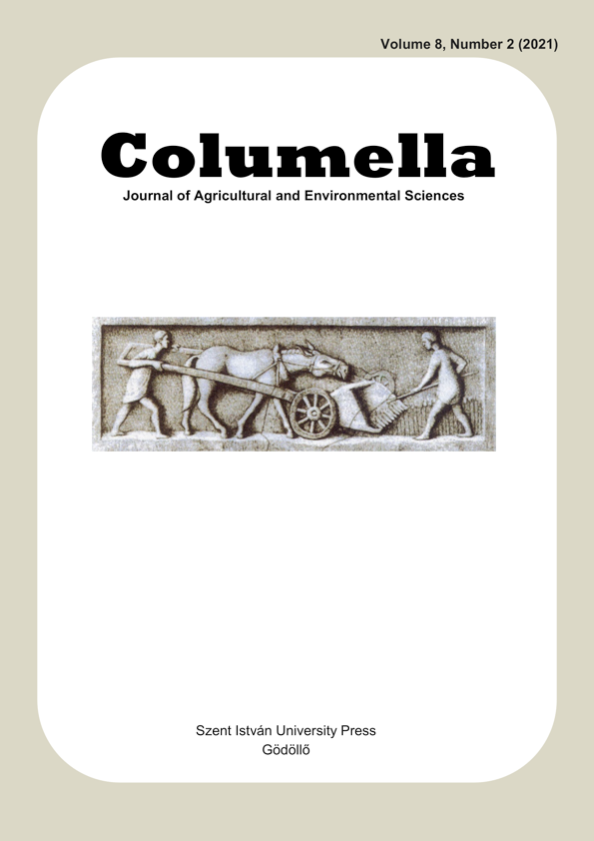Control of plant pathogen Fusarium spp. with compost, compost tea application – A review
DOI:
https://doi.org/10.18380/SZIE.COLUM.2021.8.2.55Keywords:
Agro-waste, soil-borne pathogen, plant disease suppression, fungiAbstract
Compost has been used in agriculture for a long time for nutrient supply. However, in recent decades the disease suppressive effects of the compost and its aqueous extracts are in the focus of the research. Several composts and their water extracts were investigated on different plant diseases especially on those caused by soil-borne pathogens all over the world. The mechanisms are not fully understood. Disease suppression by compost and compost extract is attributed to various mechanisms like the presence of antagonistic microbes and unidentified chemical factors, induction of systemic resistance in plants. Probably the components of the studied substances trigger chemical and biological factors in plants. Fusarium species cause wide spectrum of plant diseases, therefore studies of their control are the hot spots of the researches. The control of Fusarium spp. was investigated in the processed literature based on the possible mode of action of composts or compost extracts in various experimental conditions as in vitro, greenhouse, pot and field experiments. The results proved to be very promising so far. In this respect, compost and compost tea could be possible alternatives to the synthetic chemical pesticides in controlling plant pathogens in a more environmentally sound way.
Downloads
Published
Issue
Section
License
Copyright (c) 2021 Viktrória Orosz, Attila Tomócsik, Ibolya Demeter, Tibor József Aranyos, Marianna Makádi

This work is licensed under a Creative Commons Attribution-NonCommercial-NoDerivatives 4.0 International License.






